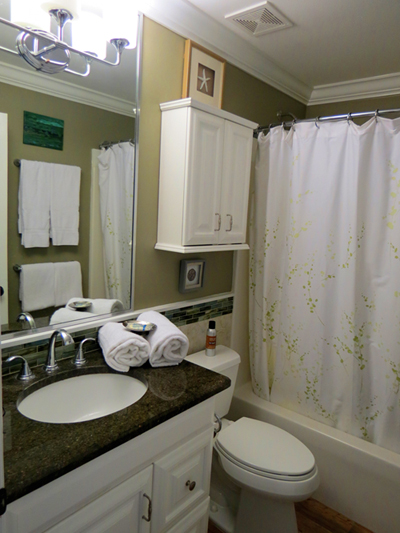1. Find out what meals your house guests expect to eat with you so you can shop in advance and be prepared. Guests should do their best to let hosts know in advance, "We will only be eating breakfast and a daily midday meal with you" or whatever their intentions are.
2. Ask guests for their preferences of food, beverages, snacks, etc. Don't forget about allergies, dislikes and keep religious considerations in mind as well. Why buy a bunch of items that they don't really want, won't or can't eat? If your guest/s are on a special diet such as gluten free, keto or some other plan, let them know in advance what arrangements should be made. Good communication is essential so everyone knows who is doing what or not. Don't forget to specify if guests should bring their own alcohol and mixers.
3. Keep a tidy assortment of food such as nuts, fruit, snacks, chips, cookies, crackers, plus bottled water and napkins sitting on the counter at all times. Guests will feel less invasive taking a snack off the counter rather than digging through your fridge and cupboards. Yes, it's a little unsightly, but the benefits outweigh stark counter tops.
4. Set out a nice display of breakfast items such as coffee cups, tea bags, sugar, plates/bowls/saucers, utensils, fruit, cereal, bagels, cream cheese, English muffins, butter, jelly, juice and fresh coffee every morning before your guests arise.
5. In the evenings, serve your guests a light dessert such as ice cream/sorbet, cookies or brownies. Keep individually wrapped chocolate stocked in their room and/or on the coffee table or anywhere the dog can't reach.
6. Fresh picked or seasonal flowers and herbs in the foyer, guest bath and guest rooms are very homey.
7. Magazines, puzzles, games and books within easy reach are relaxing ways to pass time.
8. If children are visiting, don't forget extra towels and beach gear such as sand pails, flotation devices and toys for the pool or ocean.


